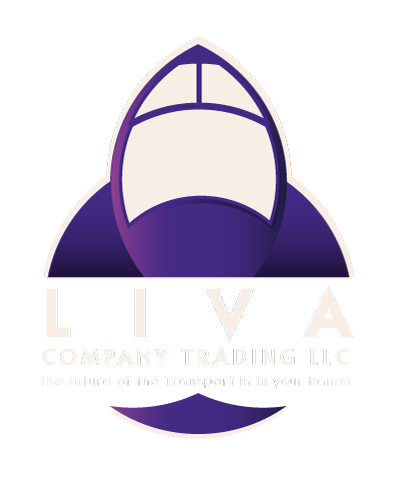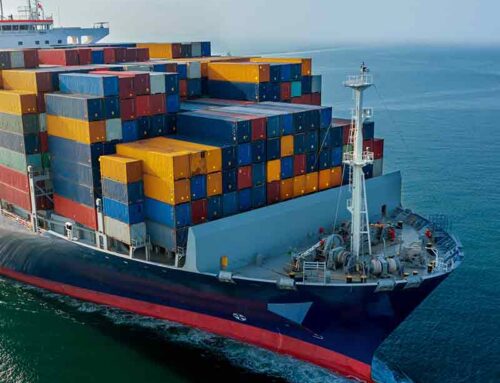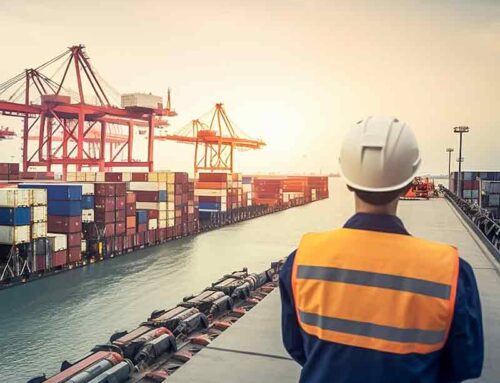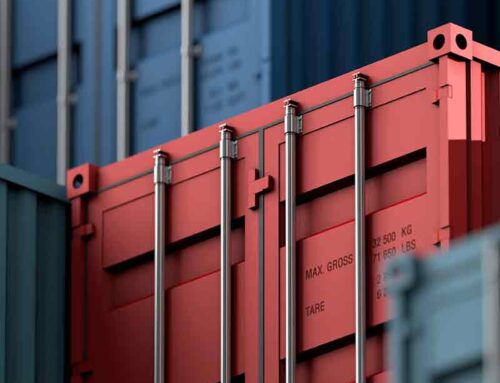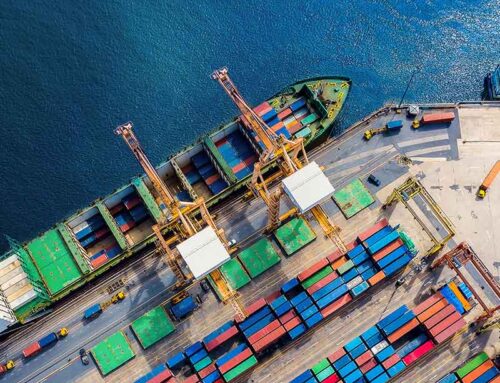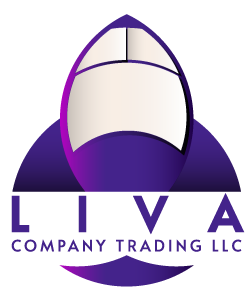Ocean Full-container-load (FCL) transportation
Ocean FCL is a shipping method where a shipper rents an entire containerexclusively for their goods. This provides the shipper with complete control over the container and its contents.
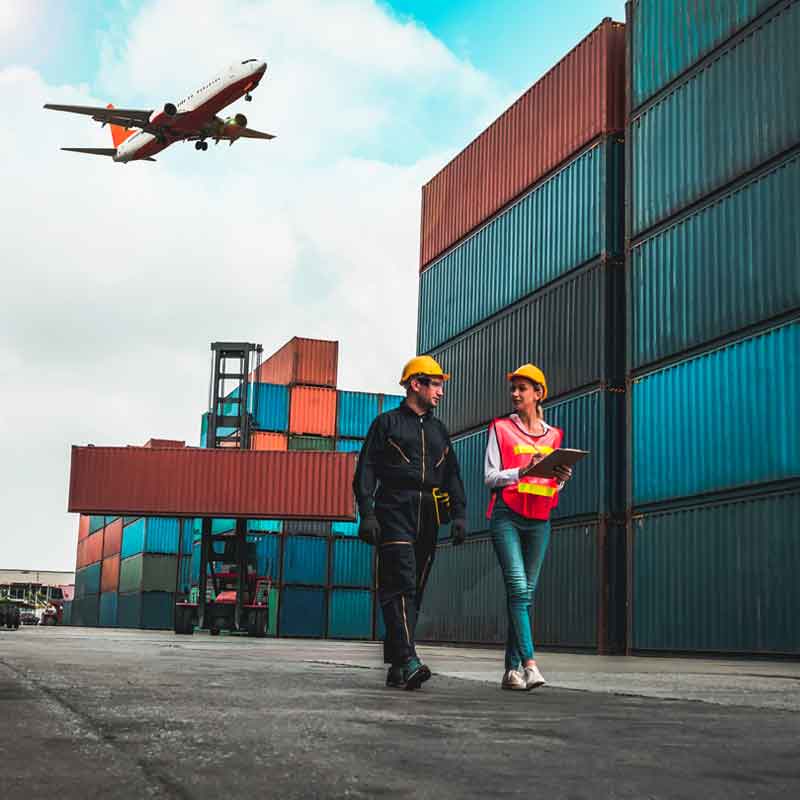
Advantages:
Privacy and security: The shipper has sole use of the container, ensuring the confidentiality and security of their cargo.
Faster transit times: FCL shipments can be prioritized for loading and unloading, resulting in faster transit times compared to LCL.
Reduced handling: The goods are handled fewer times during transit, minimizing the risk of damage or loss.
Flexibility: Shippers can load and pack the container according to their specific requirements.
How FCL Works:
Booking: The shipper books the container with the carrier and specifies the origin, destination, and cargo type.
Loading: The shipper is responsible for loading the goods into the container and securing them properly.
Shipping: The container is transported overseas to the destination port.
Unloading: The shipper is responsible for unloading the goods from the container at the destination.
Types of FCL Containers:
Standard containers: Available in various sizes (20', 40', 45') to accommodate different cargo volumes.
Specialized containers: Designed for specific cargo types, such as refrigerated containers, flat racks, and open-top containers.
Factors to Consider When Using FCL Services:
Shipment size: FCL is suitable for large shipments that fill an entire
container.
Freight density: Dense cargo requires less container space, resulting in lower freight costs.
Destination: Shipping distance and port congestion can impact transit time and freight rates.
Special requirements: Certain commodities may require special handling or temperature-controlled containers.
Customer service: Choose a carrier with a reputation for reliable and efficient FCL services.
Additional Services Associated with FCL:
Door-to-door pickup and delivery: The carrier handles the entire transportation process from origin to destination.
Customs clearance: The carrier assists with the preparation and submission of customs documentation.
Insurance: The carrier may offer insurance options to protect shipments during transit.
Tracking and visibility: Shippers can track their shipments online or through mobile apps.
Benefits of FCL over LCL:
- Greater privacy and security
- Faster transit times
- Reduced handling and risk of damage
- Flexibility in loading and packing
- Potential cost savings for large shipments

